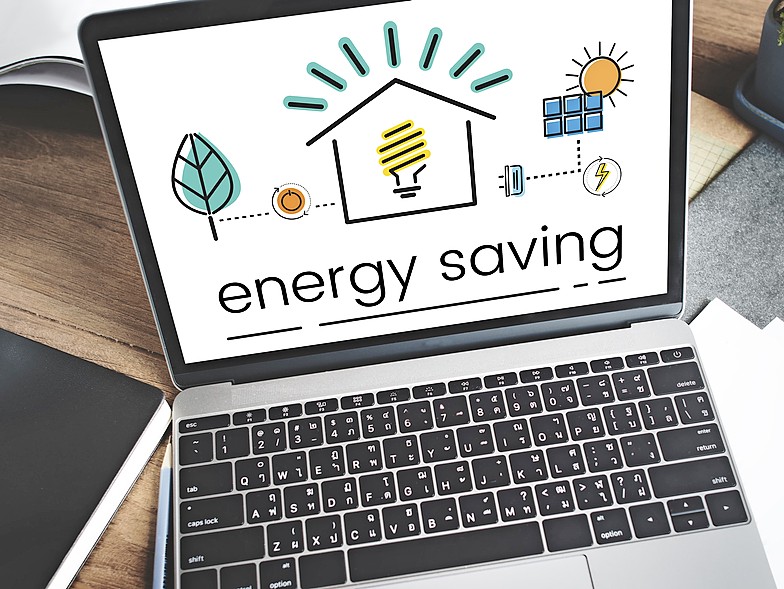Unlock the Door to Homeownership with an FHA Loan
Many buyers, both first-time and repeat, often need help may need help to purchase a home due to limited funds for a down payment or closing costs, or a low credit score. However, the Federal Housing Administration (FHA) loan, established in 1934 has made it possible for tens of millions of individuals to become homeowners. And thanks to its lower qualification requirements and loss protection for lenders, if you’re getting ready to explore homeownership, this type of loan may be perfect for you.

Benefits
The popularity of FHA loans is due in part to the many benefits it offers. Here’s a look at some of the biggest ones.
Lower closing costs
You must pay closing costs no matter what type of home loan you get. But while that amount ranges from 3 to 6 percent of the home’s purchase price for conventional loans, it’s only 2 to 4 percent for FHA loans (depending on your loan amount, credit score, and lender fees). Some of these costs are the same for all FHA loans, while others are determined by the lender or third party, such as the appraisal. Additionally, because these costs can make buying a home difficult, FHA lets you roll them into your mortgage.
Competitive interest rates
Because the government backs FHA loans, lenders can offer low-interest rates, making it easier for homeowners to cover their monthly housing payments.
Lower down payment
One of the key benefits of an FHA loan is the minimal down payment requirement¾as little as 3.5 percent of the purchase price. Also, FHA loans allow you to receive gift assistance from family members, your labor union or employer, or other government assistance programs, which can be applied to your down payment.
More flexibility
An FHA loan has more lenient criteria than other loan options, allowing people with a lower credit score, past bankruptcy, or foreclosure to qualify more easily. Additionally, unlike conventional loans, which typically require the borrower’s debt-to-income ratio to be no greater than 43 percent of their total income, including the mortgage, FHA may permit a maximum DTI of 50 percent, depending on the situation.

Requirements
Though they are more lenient, borrowers must follow and adhere to meet certain eligibility conditions.
Approved home inspection and appraisal
To qualify for an FHA loan, an FHA-approved appraiser must evaluate the property to ensure it meets government health and safety standards. In addition, a home inspection must be conducted to verify that the FHA minimum property standards are met.
Proof of employment
Your eligibility for an FHA loan does not necessarily hinge on a particular income amount. However, you must prove that you have a steady employment history with proof of income.
Mortgage insurance and premiums
To take out an FHA loan, you must purchase mortgage insurance, which is included in your monthly mortgage payment even if you make a 20 percent down payment. Additionally, you must pay an up-front premium (1.75 percent of the loan amount) either at closing or rolled into your mortgage.
No delinquencies
To be eligible, you must not be behind on any federal debt or judgments or have debt that stems from a prior FHA-insured mortgage.
Drawbacks
Before applying for an FHA loan, you should be aware of some of the downsides of this type of funding.
Property limitations
The property must be a single dwelling (up to a four-unit property), and you must live in one of the units. In addition, FHA does not insure loans for recreational vehicles, including boats and RVs, and funds from an FHA loan cannot be used to purchase a second home or investment property or pay for upgrades, improvements, or renovations.
Seller’s resistance
Although FHA loans are attractive to buyers, sometimes there can be pushback from sellers. For example, government-insured loans tend to have stricter requirements related to home appraisals and inspections that may require more up-front repairs from sellers, and some feel FHA loans are less likely to close due to the lower eligibility requirements. As a result, a seller may not accept an offer from an FHA buyer, even if it’s at full price.
Loan limits
Each year, FHA calculates lending limits and establishes the maximum loan amount it will insure for various areas across the country. These limits also vary depending on the type of home purchased. For instance, single-family homes in lower-cost areas are eligible for up to $472,030. In contrast, those in higher-priced areas can access up to $1,089,300. This could limit your ability to purchase a home in a place where you want to live.

Additional loans
Besides the standard FHA loan, there are various other types of FHA loans lenders may approve.
Home equity conversion mortgage (HECM)
For older buyers (sixty-two and older), a HECM is a good option for those who want a reverse mortgage. This allows the homeowner to borrow against their home’s equity, which can then be used as a line of credit, a fixed monthly amount from the lending bank, or a combination of both.
FHA 203(k) (construction loan)
The FHA 203(k) loan allows homebuyers to both purchase a home and finance its renovation through a single mortgage, which can be a fixed-rate, adjustable-rate, or long-term loan. And because of the FHA’s protection, the lender can close on the loan before the final value and condition of the property are determined.
Energy-efficient mortgage (EEM)
The FHA permits borrowers to use part of their mortgage loan to pay for energy-efficient improvements to their primary residence without needing to qualify for the additional funds. These upgrades can lower utility costs, making homeownership more affordable for homeowners.
An FHA loan is a great way to finance your home purchase, so take advantage of all its benefits and reach out to your real estate agent or mortgage lender to help you get started.
